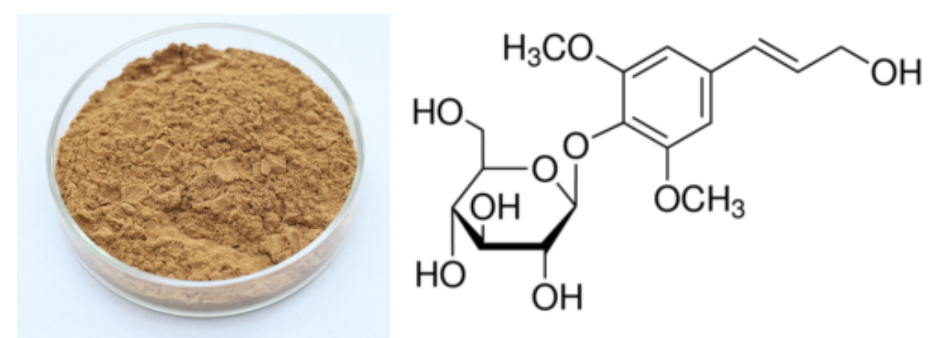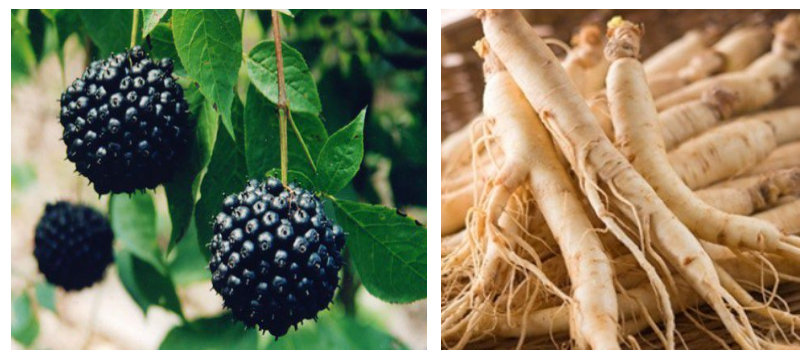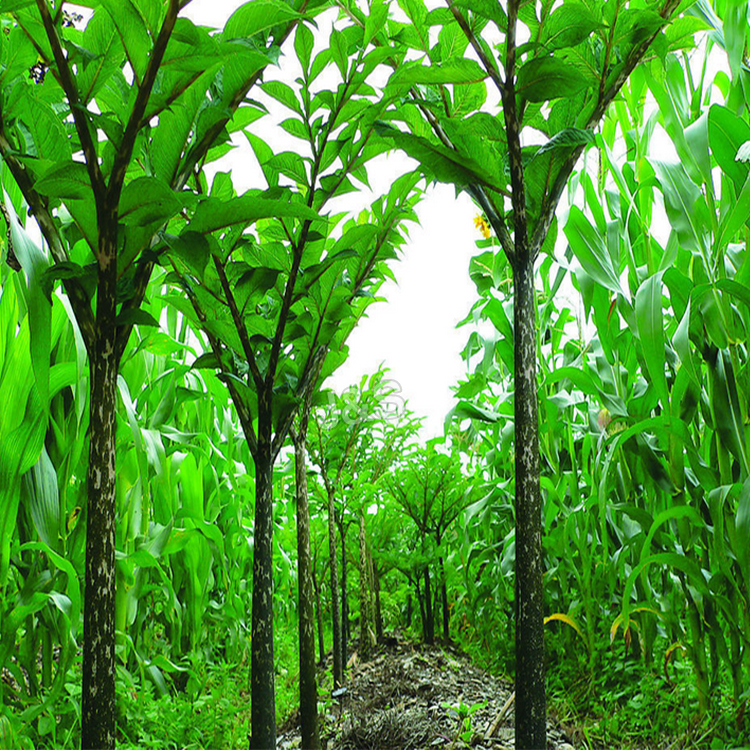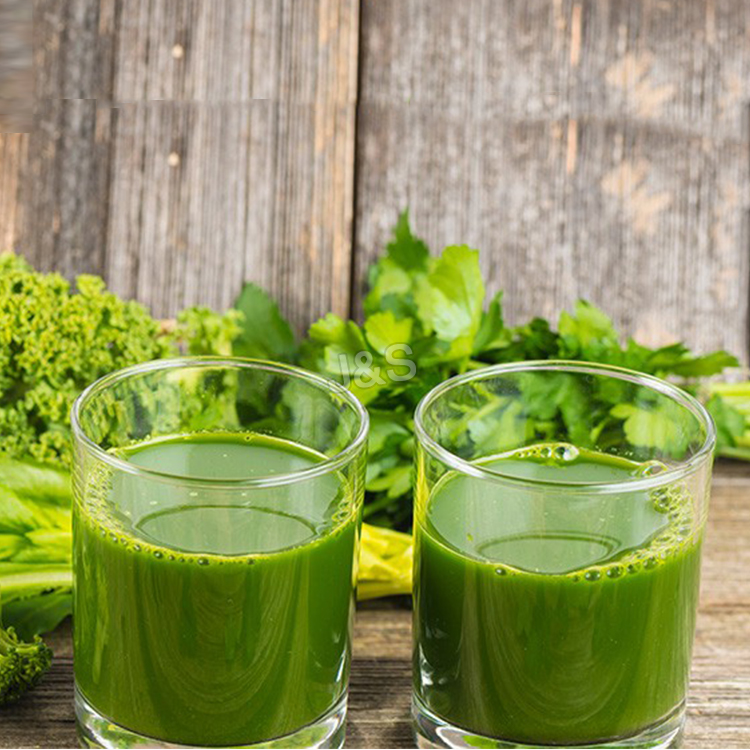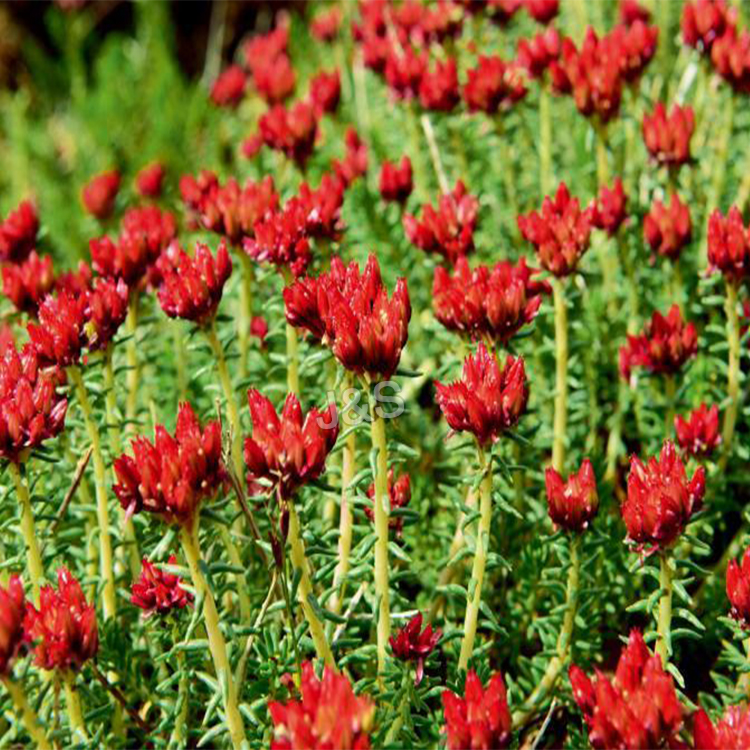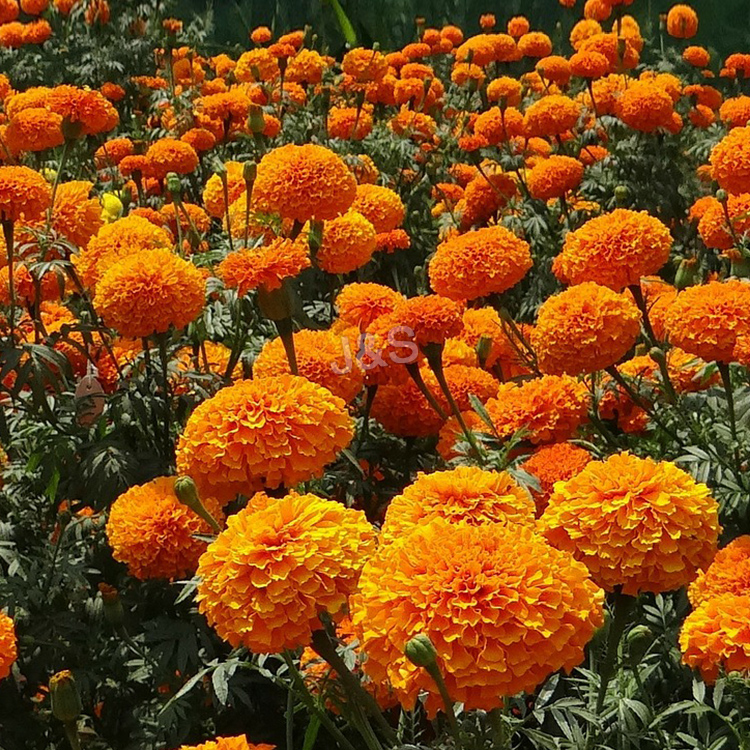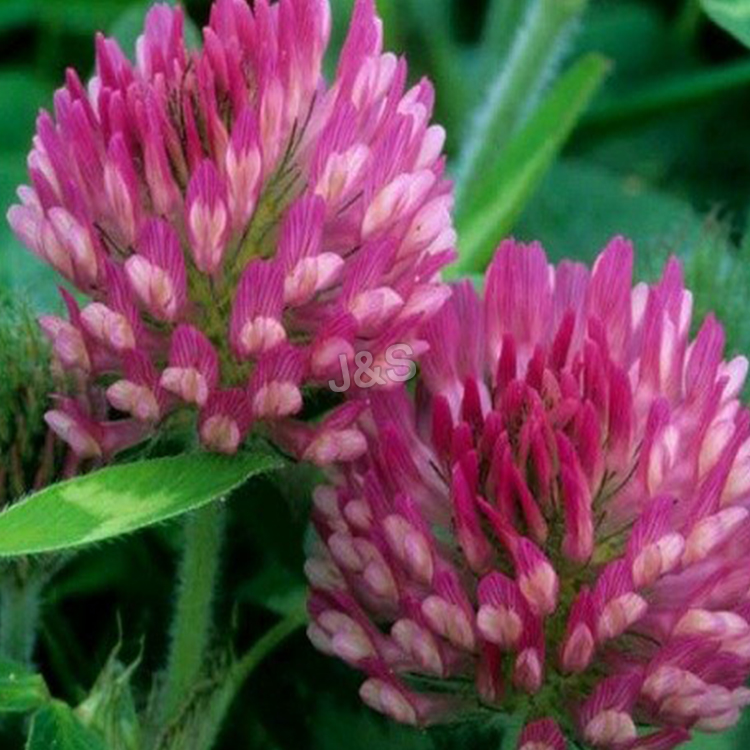2016 High quality Siberian Ginseng Extract Manufacturer in Dubai
2016 High quality Siberian Ginseng Extract Manufacturer in Dubai Detail:
Siberian Ginseng Extract
Key Words: American Ginseng Extract
[Latin Name] Acanthopanax senticosus (Rupr. Maxim.) Harms
[Specification] Eleuthroside ≧0.8%
[Appearance] Light yellow powder
Plant Part Used: Root
[Particle size] 80Mesh
[Loss on drying] ≤5.0%
[Heavy Metal] ≤10PPM
[Storage] Store in cool & dry area, keep away from the direct light and heat.
[Shelf life] 24 Months
[Package] Packed in paper-drums and two plastic-bags inside.
[Net weight] 25kgs/drum
[What is Siberian Ginseng?]
Eleutherococcus, also known as eleuthero or Siberian ginseng, grows in mountain forests and is native to eastern Asia including China, Japan, and Russia. Traditional Chinese Medicine has used eleutherococcus for reducing lethargy, fatigue, and low stamina as well as increasing endurance and resilience to environmental stresses. Eleutherococcus is considered an “adaptogen,” a term that describes herbs or other substances that, when ingested, appears to help an organism increase resistance to stress. There is strong evidenceEleutherococcus senticosus increases endurance and mental performance in patients with mild fatigue and weakness.
[Benefits]
Eleutherococcus senticosus is a pretty awesome plant and has a lot more benefits that just the graphic above highlights. Here are some of the ones worth mentioning.
- Energy
- Focus
- Anti-Anxiety
- Anti-Fatigue
- Chronic Fatigue Syndrome
- Common Colds
- Immune Booster
- Liver Detox
- Cancer
- Antiviral
- High Blood Pressure
- Insomnia
- Bronchitis
Product detail pictures:
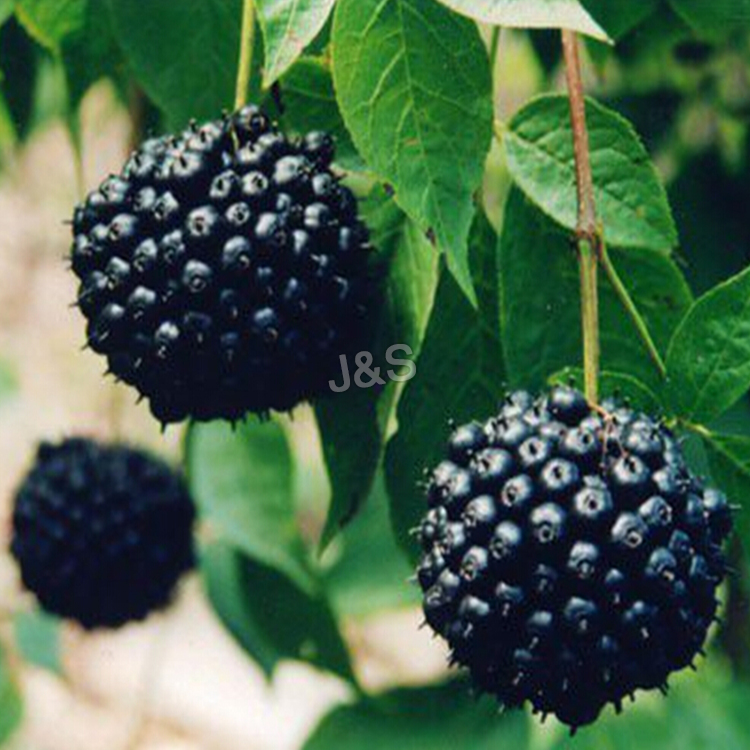
Related Product Guide:
2016 High quality Siberian Ginseng Extract Manufacturer in Dubai , The product will supply to all over the world, such as: , , ,
3 Main Types of Polysaccharides
Top 10 Natural Sweeteners & Sugar Alternatives
The average American is taking in 400 calories a day from added sugars! And while the consumption of refined sugar is on the rise, so are artificial sweeteners. Artificial sweeteners like aspartame, sucralose (Splenda), ACE K and saccharin have been debated for years in regard to their damaging side effects. (1)
While all of these sweeteners are technically “safe,” according to the FDA, they are coming under increased scrutiny because of their side effects. Side effects from artificial sweeteners range from headaches and migraines to shrunken thymus glands, impairment of liver and kidney function, and mood disorders.
Refined sugars aren’t healthy either. Side effects of refined sugars include diabetes, tooth decay, obesity, heart disease, certain types of cancer and even poor cognitive functioning.(2) (3) (4)
Over the last few years, corn growers and affiliated associations have pushed high fructose corn syrup as a natural sweetener. This is simply not true. The vast majority of HFCS is produced from genetically modified corn.
Fructose is a simple sugar that is rapidly metabolized by the liver causing a “sugar high.” This quick-acting sugar is believed to lead to increased storage of fat in the liver, resulting in non-alcoholic fatty liver disease, digestive upset and atherosclerosis. (5)
Fortunately, there are natural sweeteners that are healthy and tasty alternatives to refined sugar, high fructose corn syrup, and artificial sweeteners. According to a study in the Journal of the American Dietetic Association, substituting healthy sweeteners — including blackstrap molasses, maple syrup and honey — can increase the antioxidant intake. (6)
This study shows that replacing 130 grams a day of refined sugars (the average intake) with healthy alternative natural sweeteners can increase the amount of antioxidants you consume each day, in amounts similar to that of consuming berries and nuts.
Top 10 Natural Sweeteners
Raw Honey (1 tablespoon – 64 calories)
Stevia (0 calories)
Dates (1 Medjool Date – 66 calories)
Coconut Sugar (1 tablespoon – 45 calories)
Maple Syrup (1 tablespoon – 52 calories)
Blackstrap Molasses (1 tablespoon – 47 calories)
Balsamic Glaze (1 tablespoon – 20-40 calories depending on thickness)
Banana Puree (1 cup – 200 calories)
Brown Rice Syrup (1 tablespoon – 55 calories)
Real Fruit Jam (varies depending on fruit)
1. Raw Honey
Raw honey is a true superfood and one of my favorite natural sweeteners. It’s packed with enzymes, antioxidants, iron, zinc, potassium, calcium, phosphorous, vitamin B6, riboflavin and niacin. Together, these essential nutrients help to neutralize free radicals while promoting the growth of healthy bacteria in the digestive tract.
One tablespoon of raw honey has 64 calories and has less impact on glycemic load than a single banana. It’s important to note that these are the benefits of raw honey. Once honey has been pasteurized, it loses the many of the health benefits that raw honey brings to the table.
Look for local raw honey at farmer markets and directly from local beekeepers. The darker the honey, the richer the flavor and the greater the health benefits.
How to use raw honey:
First, don’t cook with raw honey. Drizzle it on breakfast cereals, over your sprouted grain toast, on yogurt and for salad dressings.
You want to maintain as many of the nutrients in honey as possible, so keep it away from the heat. If you enjoy honey in your tea or coffee, wait until the drink is just tepid enough to sip comfortably, and then add honey to taste.
2. Stevia
Stevia is native to South America and has been used for hundreds of years in that region to support healthy blood sugar levels and prompt weight loss.
Today, stevioside, the element in the leaves that makes it more than 200 times as sweet as sugar, is available in liquid drops, packets, dissolvable tablets and baking blends. It has zero calories, zero carbohydrates and none of the nasty side effects of artificial sweeteners, making it an ideal natural sweetener.
Stevia is related to the sunflower, and some people experience a slight metallic aftertaste. If that has been your experience with stevia in the past, try a brand that is higher in the steviosides. Many find it to be sweeter, without a residual aftertaste.
How to use stevia:
Unlike raw honey, stevia is heat stable, so feel free to use it in any way you desire. Remember, it’s 200 times sweeter than sugar, so don’t use it in the same ratio.
For baking, this can present a problem, as refined sugar gives bulk to recipes. However, this can be easily rectified. To make up for the lost bulk when using stevia, use 1/3 to ½ cup of one of the following bulking agents: fresh fruit puree, yogurt, roasted winter squash, two whipped egg whites, or you can use 1–2 tablespoons of coconut flour.
 By from -
By from -
 By from -
By from -
